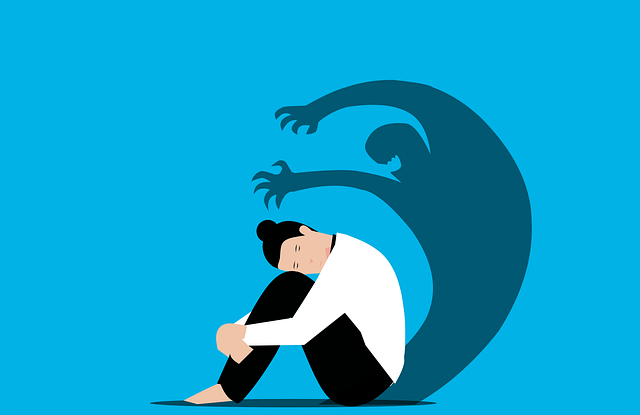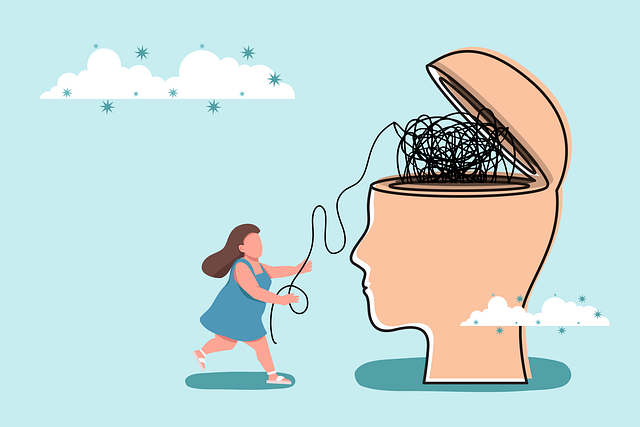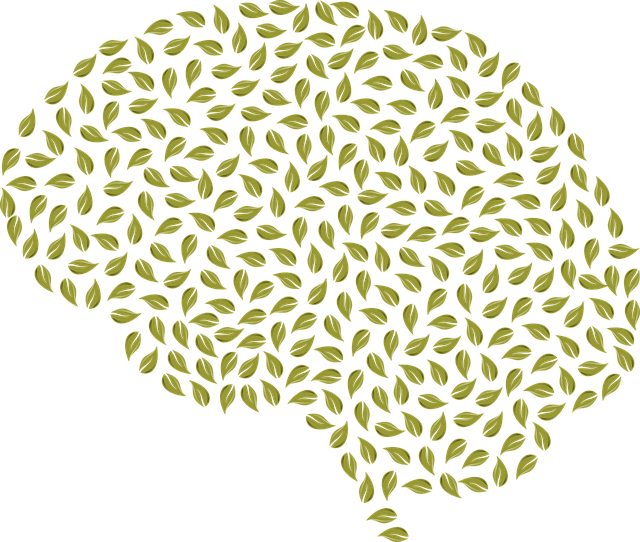Lafayette Gender Identity Therapy emphasizes the interconnectedness of mental wellness and personal identity, offering a holistic approach to self-care. Through specialized therapy, individuals learn to explore their authentic selves, develop tailored coping mechanisms, and integrate these insights into daily rituals for enhanced well-being. Personalized self-care routines, incorporating activities like journaling, meditation, and creative pursuits, are crucial for achieving sustainable mental health. Consistency is key to building resilience and promoting a positive self-relationship, as advocated by Lafayette Gender Identity Therapy.
Mental wellness is an essential aspect of overall health, especially when considering gender identity. This article explores strategies for cultivating a robust self-care routine, focusing on the role of Lafayette Gender Identity Therapy in promoting mental well-being. We’ll guide you through understanding the significance of mental wellness and provide practical tips for creating a personalized self-care routine. Learn how integrating various practices into your daily life can lead to sustainable and enhanced mental health.
- Understanding Mental Wellness and Its Importance for Gender Identity
- The Role of Lafayette Gender Identity Therapy in Self-Care Routines
- Creating a Personalized Self-Care Routine for Optimal Mental Health
- Integrating Self-Care Practices into Daily Life for Sustainable Wellbeing
Understanding Mental Wellness and Its Importance for Gender Identity

Understanding mental wellness is paramount when cultivating a self-care routine, especially in navigating one’s gender identity. Lafayette Gender Identity Therapy emphasizes that mental health isn’t merely the absence of disease; it encompasses emotional, psychological, and social well-being. For individuals exploring or affirming their gender identity, managing stress effectively becomes crucial to fostering a positive sense of self.
Integrating practices like Mental Wellness Journaling Exercises can serve as powerful tools within this context. Documenting thoughts, emotions, and experiences allows for introspection and reflection, helping to dispel the mental illness stigma that often persists. By prioritizing open dialogue with therapists and engaging in self-care rituals, individuals can promote resilience, enhance coping mechanisms, and create a supportive environment where their unique identities thrive.
The Role of Lafayette Gender Identity Therapy in Self-Care Routines

Lafayette Gender Identity Therapy offers a unique perspective on self-care routines, emphasizing the interconnectedness of mental wellness and personal identity. This approach recognizes that nurturing one’s mental health involves understanding and embracing one’s authentic self. Through specialized therapy sessions, individuals can explore their gender identities, express themselves genuinely, and develop coping mechanisms tailored to their unique experiences. By integrating these insights into daily rituals, self-care becomes a powerful tool for enhancing well-being.
Incorporating Lafayette Gender Identity Therapy principles into your routine can significantly contribute to mood management and prevent burnout. The therapy encourages individuals to engage in activities that foster self-acceptance, such as journaling, meditation, or creative pursuits, all of which are integral parts of the mental wellness podcast series production process. By prioritizing these practices, one can create a balanced lifestyle that supports emotional resilience and overall mental wellness, ensuring a more fulfilling and meaningful journey towards self-care.
Creating a Personalized Self-Care Routine for Optimal Mental Health

Creating a personalized self-care routine is an essential step towards optimal mental health. It involves understanding your unique needs and incorporating activities that nurture your mind, body, and spirit. At Lafayette Gender Identity Therapy, we emphasize the importance of tailored strategies for each individual to foster emotional regulation and combat the mental illness stigma reduction efforts ongoing in society. By evaluating your daily habits and identifying areas where you can introduce positive changes, you can design a routine that supports your overall well-being.
This process may include setting aside dedicated time for activities like meditation, exercise, journaling, or engaging in creative pursuits. Incorporating these practices into your schedule helps to develop mental health awareness and provides tools to manage stress effectively. Remember, consistency is key; a self-care routine is not about sporadic acts of kindness but rather sustainable habits that enhance your resilience and promote a positive relationship with yourself.
Integrating Self-Care Practices into Daily Life for Sustainable Wellbeing

Integrating self-care practices into daily life is essential for cultivating sustainable mental wellness, as advocated by Lafayette Gender Identity Therapy. This approach recognizes that well-being isn’t a destination but an ongoing journey, requiring regular nurturing and attention. By incorporating activities that promote relaxation, mindfulness, and emotional expression, individuals can create a robust self-care routine tailored to their unique needs.
Mental Wellness Journaling Exercise Guidance, for instance, offers a powerful tool for reflection and self-discovery. Dedicating just a few moments each day to jot down thoughts, feelings, and experiences enables the mind to process emotions, fostering better understanding and Self-Esteem Improvement. Additionally, engaging in activities that prevent depression involves finding balance through a combination of physical exercise, adequate sleep, and social connections, all of which contribute to an overall healthier mental state.
Mental wellness is an integral part of overall health, and creating a personalized self-care routine can significantly impact positive outcomes. As discussed, Lafayette Gender Identity Therapy plays a crucial role in understanding and nurturing mental health, especially regarding gender identity. By integrating various self-care practices into daily life, individuals can achieve sustainable wellbeing. This includes recognizing the importance of therapy, developing tailored routines, and consistently prioritizing mental health to navigate life’s challenges with resilience and empowerment.














